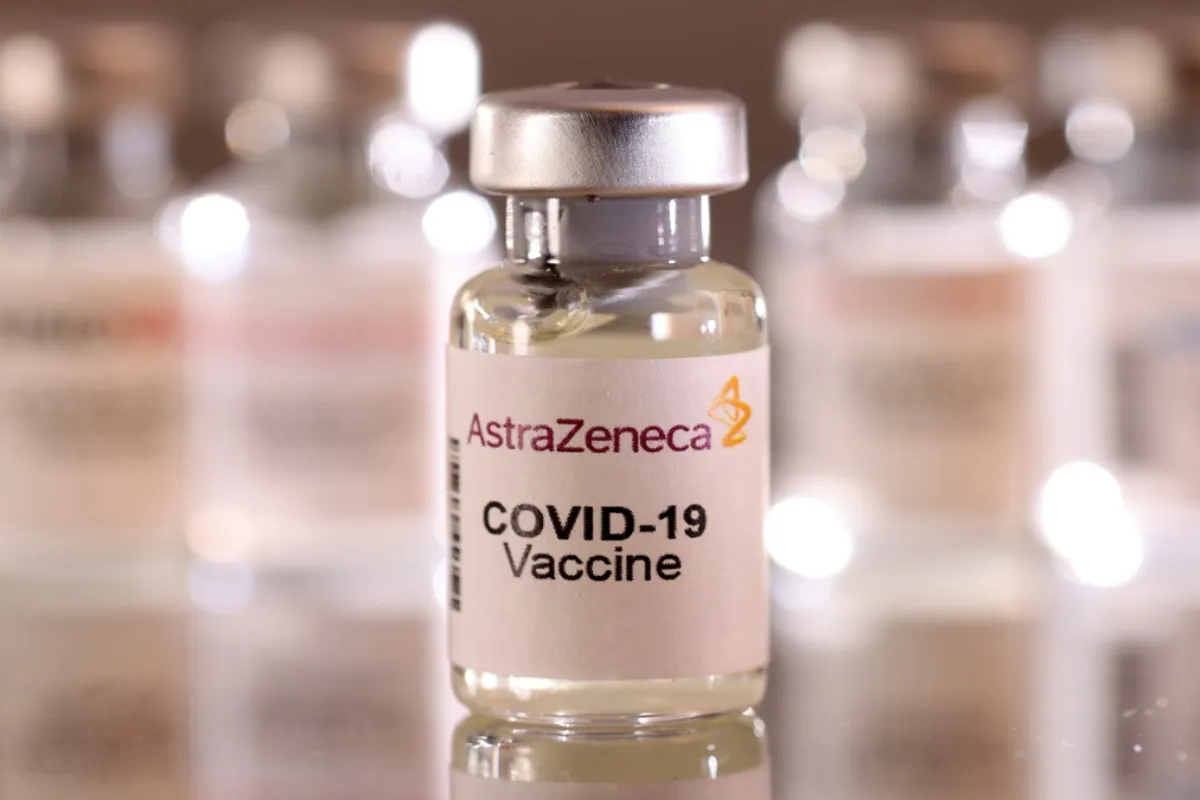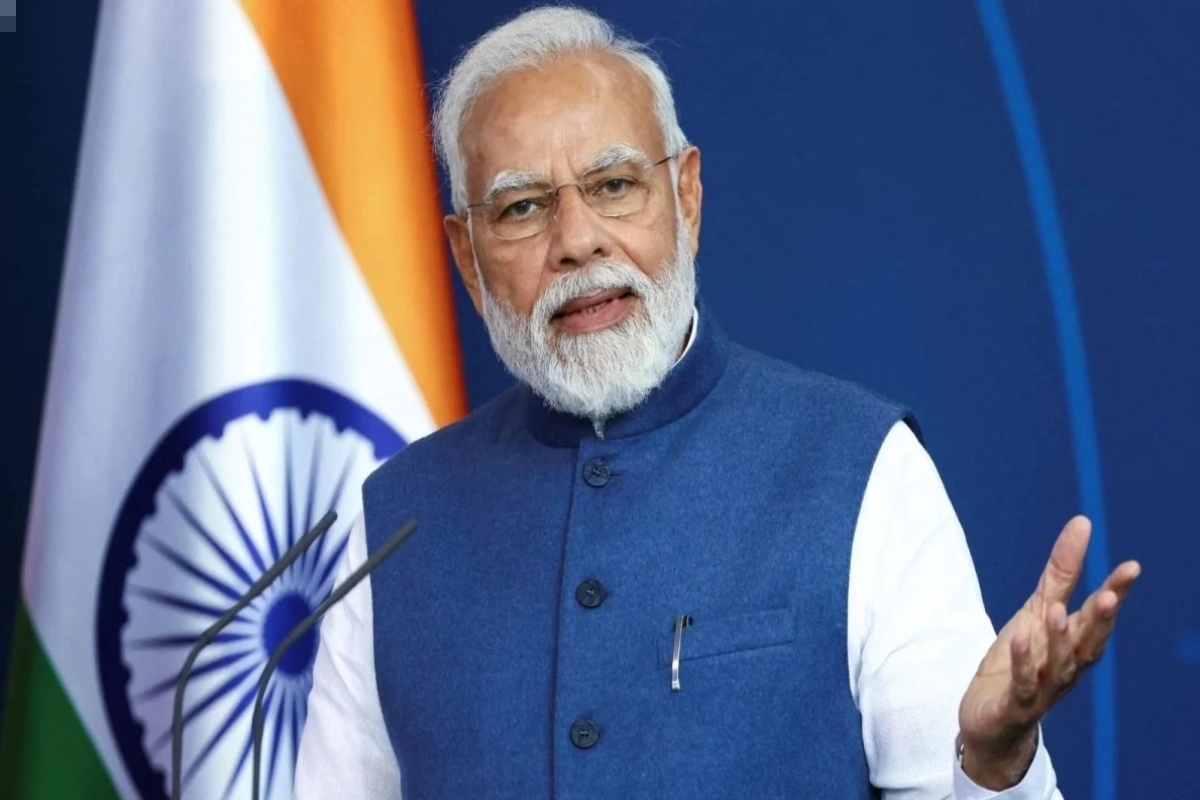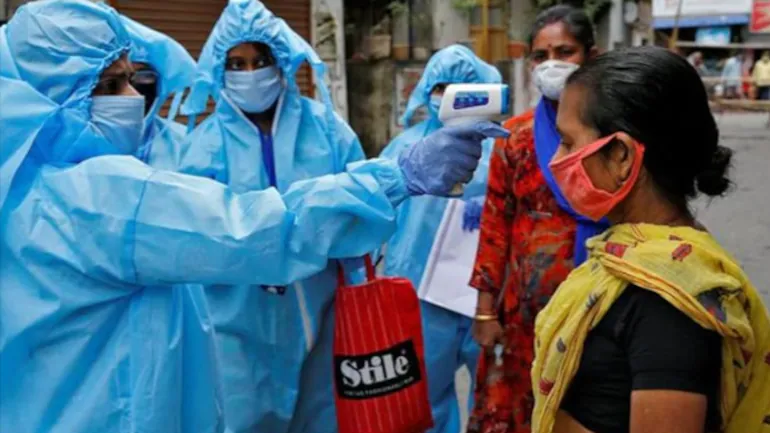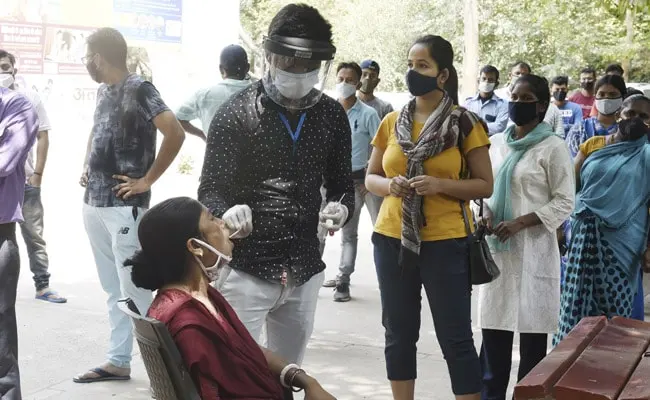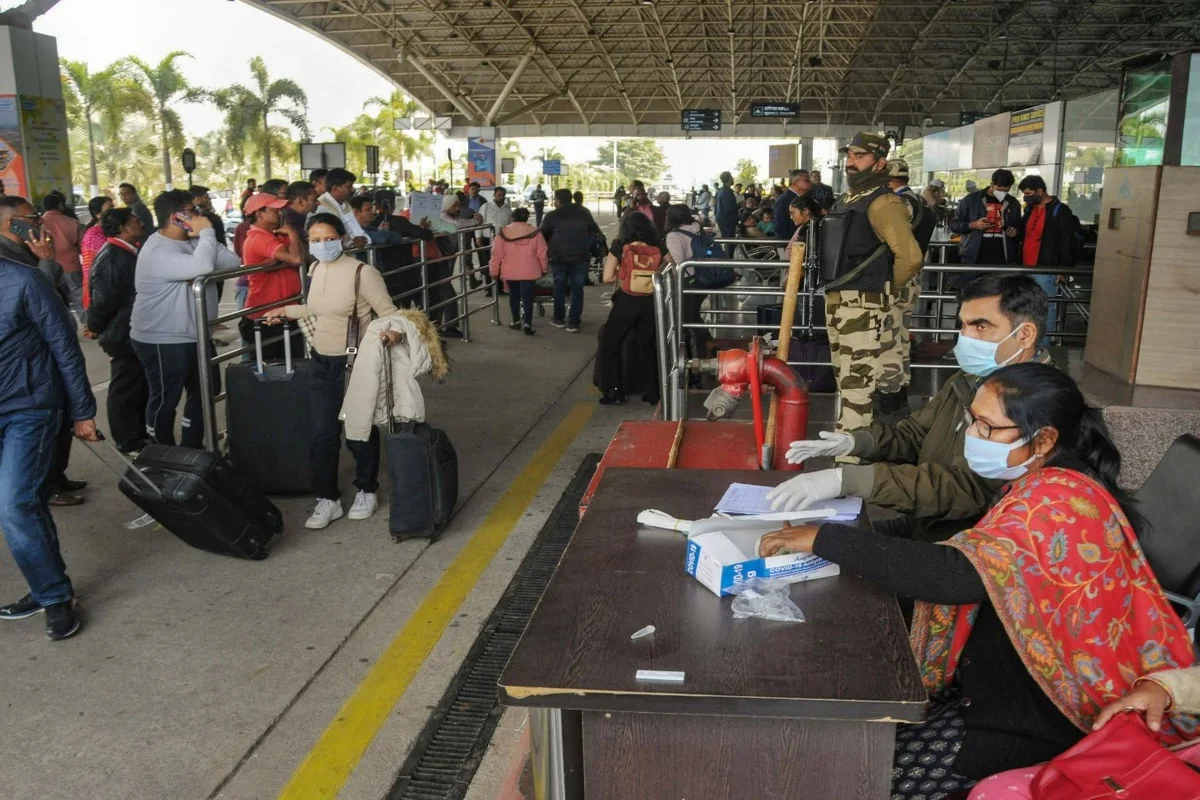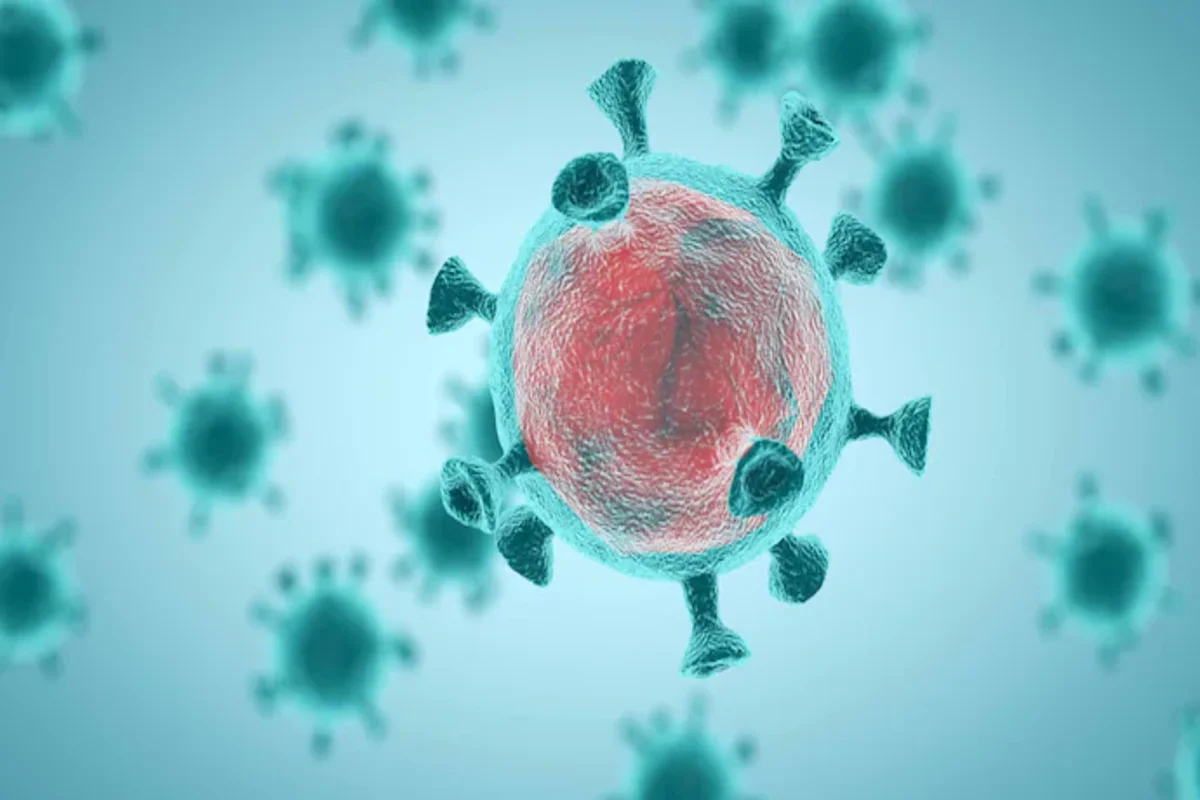India has reported 31,521 new COVID-19 cases in the last 24 hours, taking the total number of active coronavirus cases in the country to 3,72,293, the Union Ministry of Health and Family Welfare said in its 8:00 am update. With 412 new fatalities, the total number of deaths mounted to 1,41,772.
With 37,725 new recoveries, the number of overall patients recuperated has reached 92,53,306. While the recovery rate to 94.66 per cent, death rate has further dipped to 1.45 per cent.
A total number of 15,07,59,726 samples for covid-19 infection has been tested so far, including 9,22,959 samples tested on Wednesday, said Indian Council of Medical Research.
Kerala, Maharashtra, West Bengal, Rajasthan, Delhi, Uttar Pradesh, Madhya Pradesh, Chhattisgarh, Haryana and Gujarat account for over 72 per cent cases of covid-19 in the country, the Ministry said.
Here’s some more updates:
*UK regulator on Wednesday reported that Pfizer and BioNTech’s vaccine may cause allergic reaction among people with a history of anaphylaxis. Therefore, they should not receive the vaccine.
“Any person with a history of anaphylaxis to a vaccine, medicine or food should not receive the Pfizer BioNTech vaccine,” MHRA Chief Executive June Raine said in a statement.
*Apollo hospitals network have said that they can vaccinate over 1 million people daily once government rolls out vaccination drive. However, it is yet to be decided whether private bodies would be involved.
*The United States will hold a meeting on Thursday to review Pfizer and BioNtech’s covid-19 vaccine that have sought emergency use authorisation in the country. Meanwhile, the US continues to grapple with the worst surge of the virus with 3,000 people dying in a day.
*World Health Organization on Wednesday said that covid-19 vaccine supply in the US may take months and they should develop immunization plans focusing first on health workers and the elderly.
Meanwhile, the overall number of covid-19 cases across the glove has topped 68.8 million, while the deaths have soared high to more than 1.56 million, according to Johns Hopkins University.



